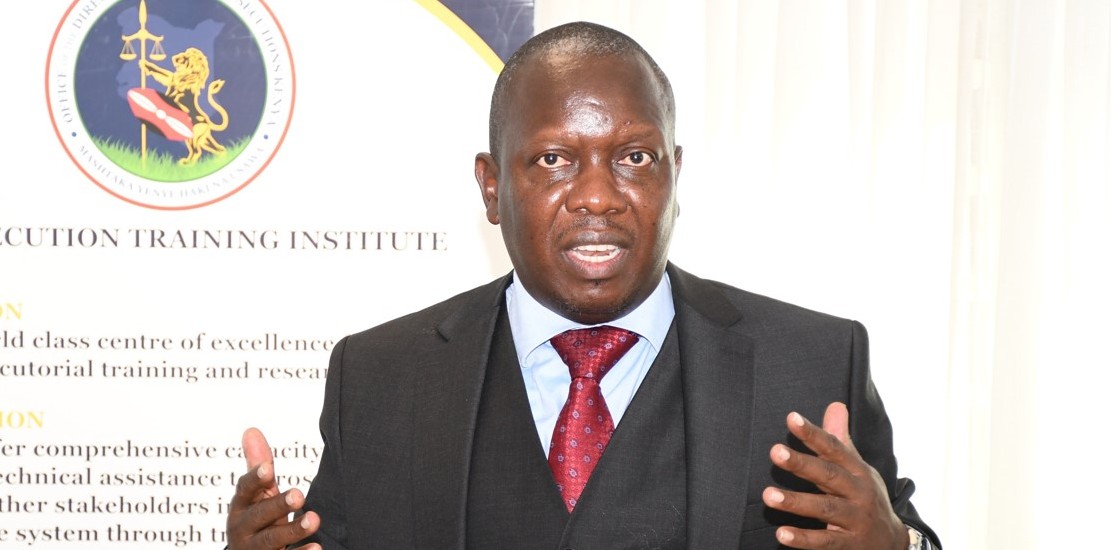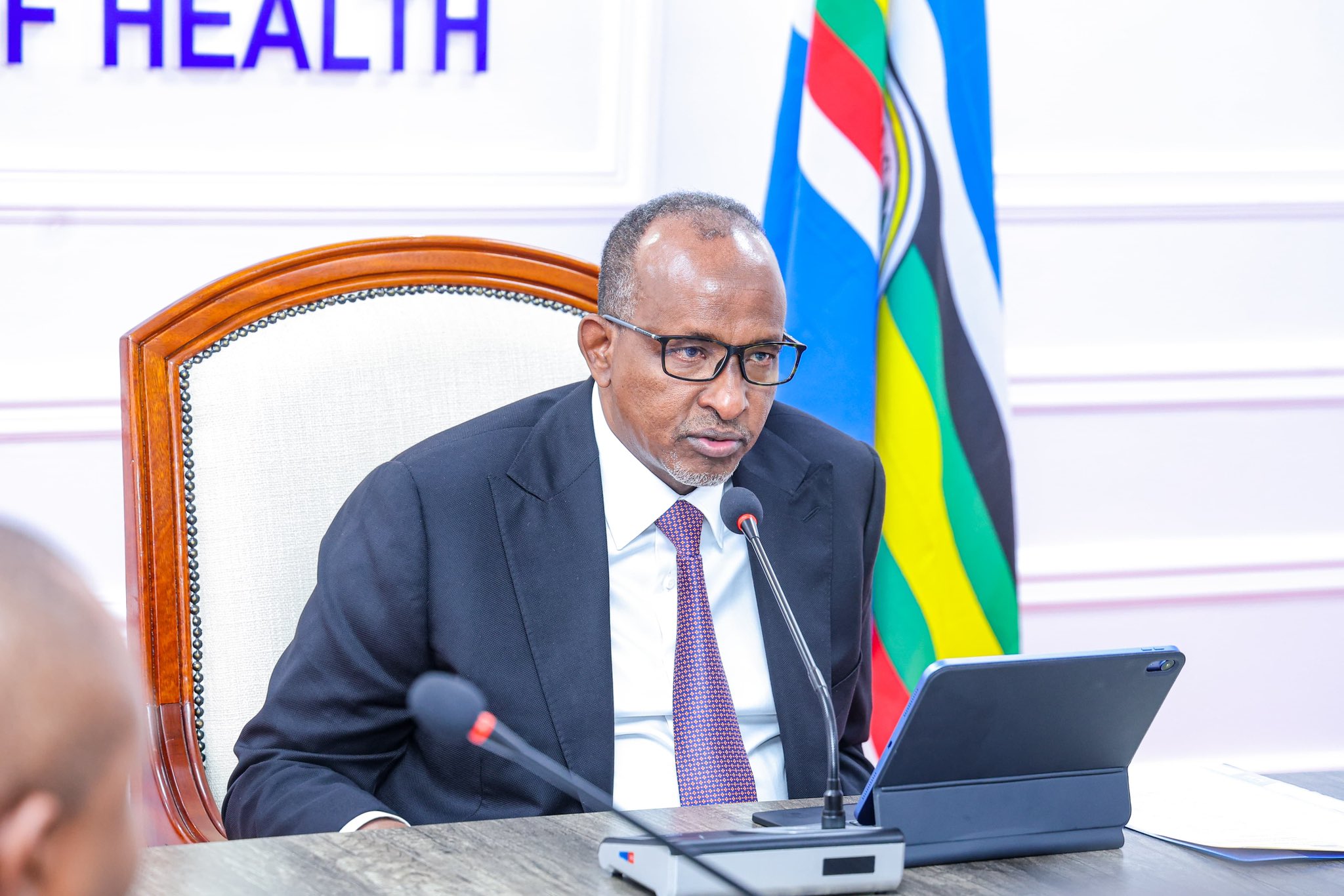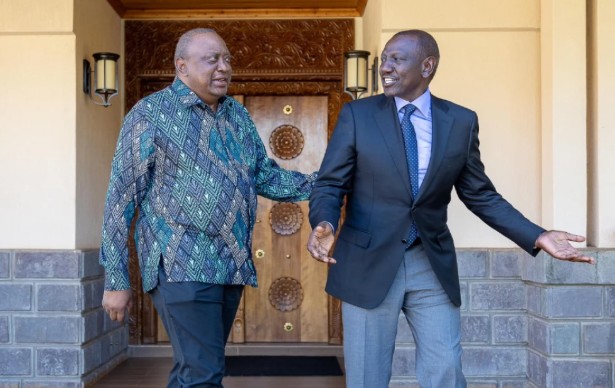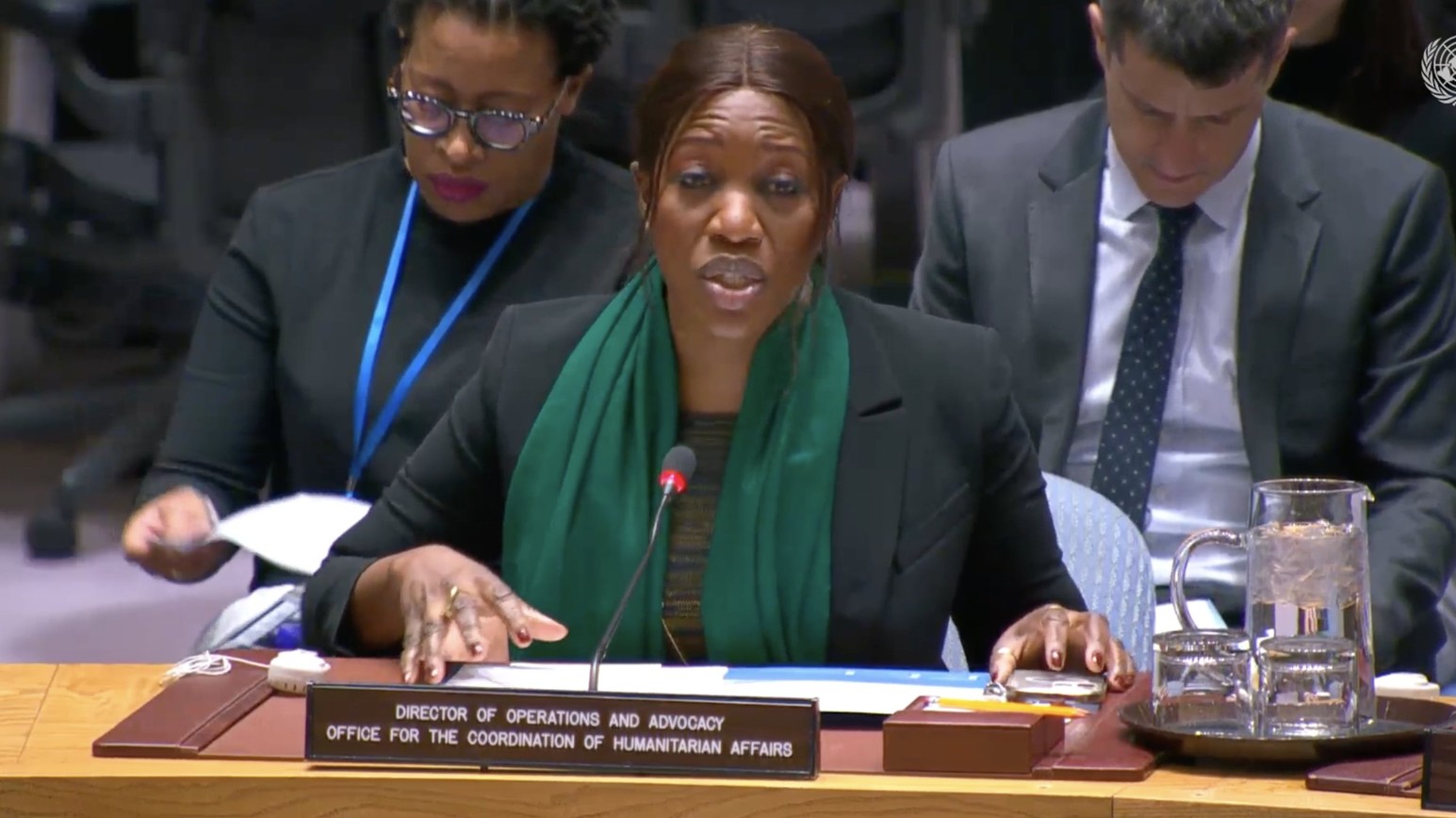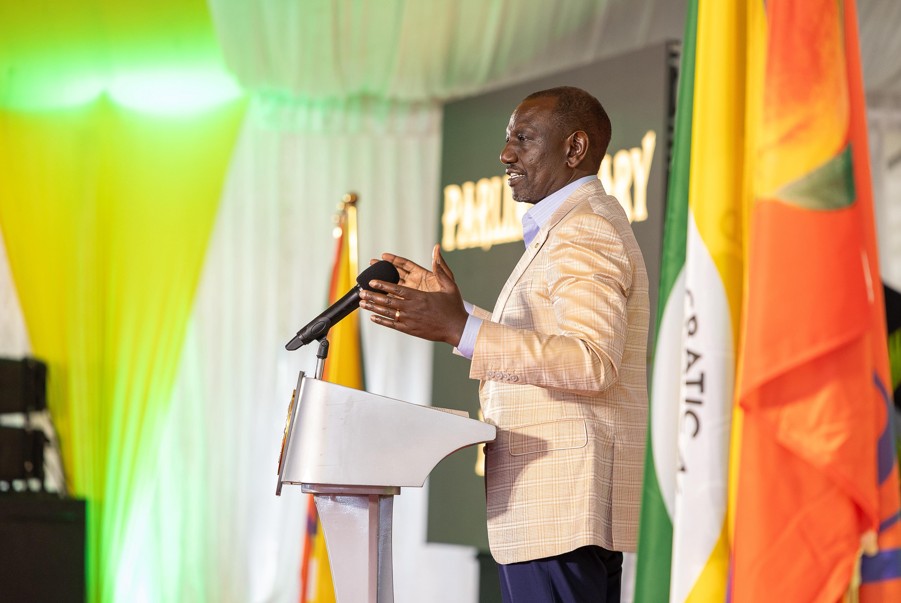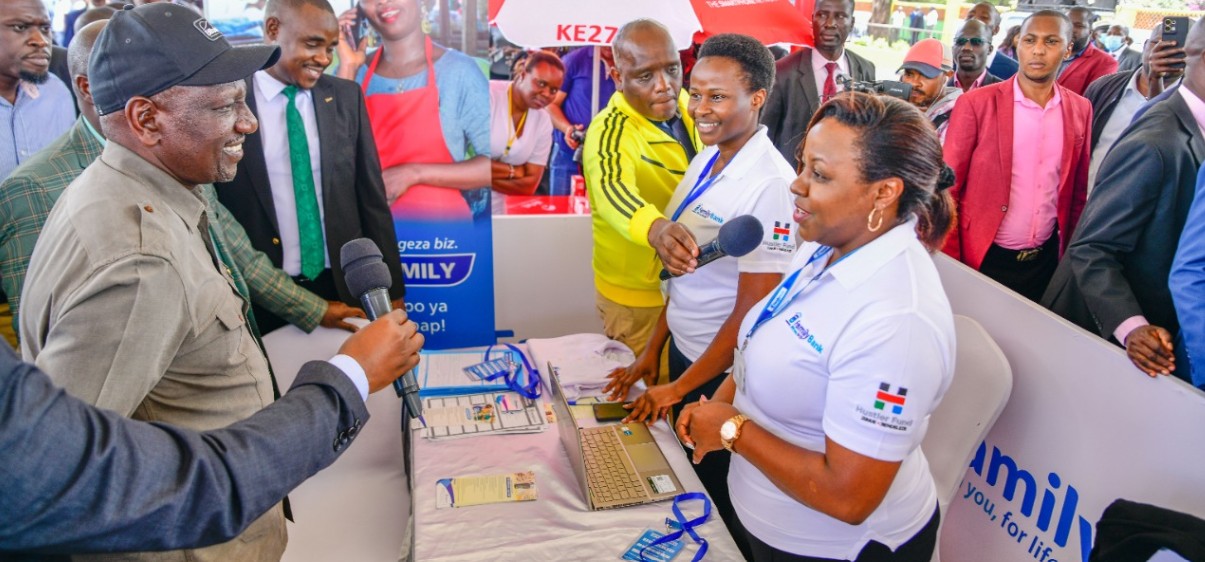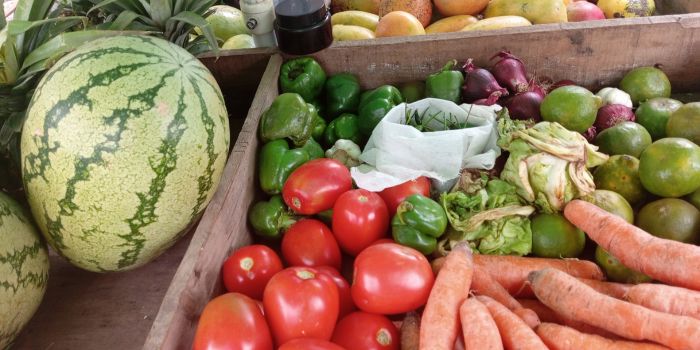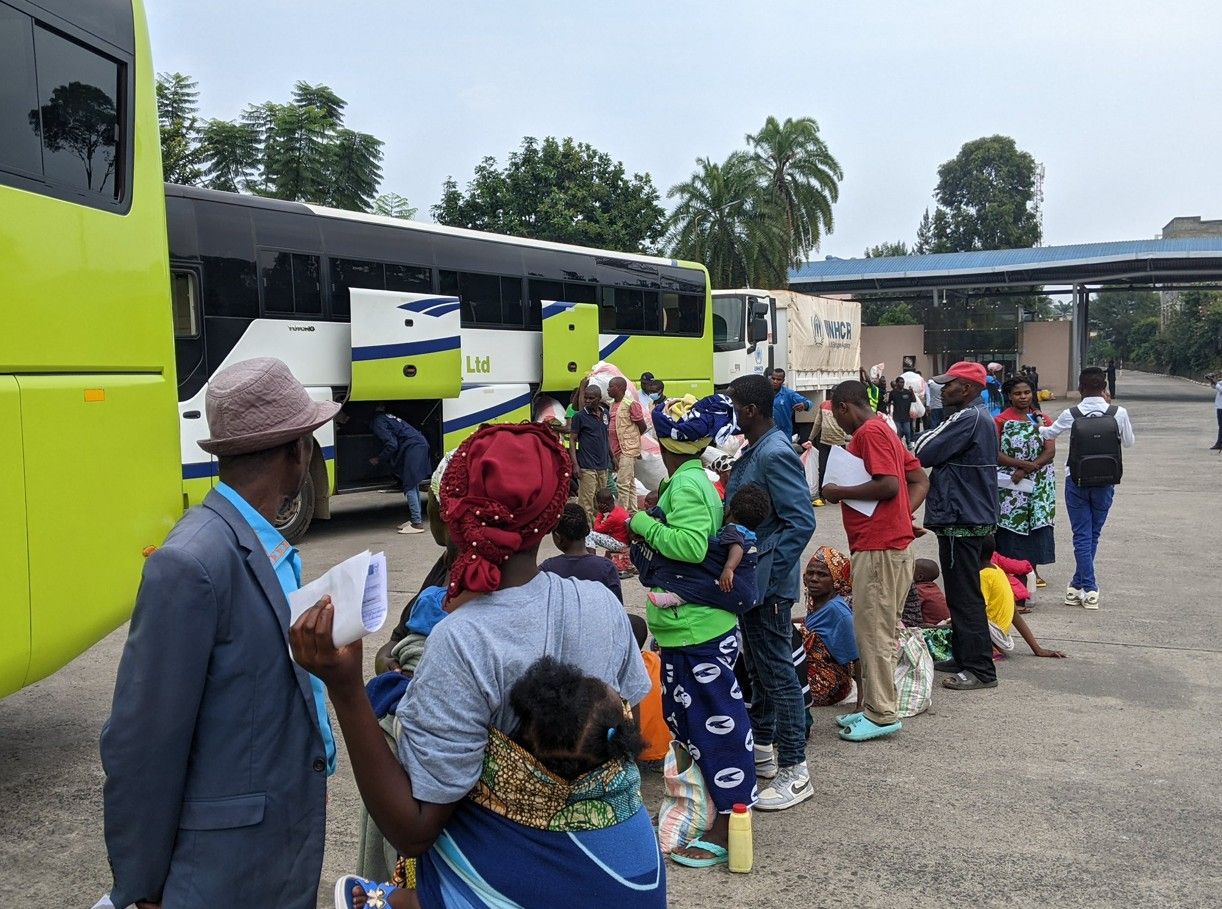Hope for learners as government announces plans to revive EduAfya medical scheme

Parents and education stakeholders are hopeful that reviving EduAfya will bridge the healthcare gap for students, ensuring they can access medical services when needed.
The government has announced plans to revive and expand the EduAfya medical scheme, ensuring all school-going children are covered.
This comes after the scheme, which ended on December 31, 2023, left over 3.4 million learners without medical insurance, sparking concern among parents and education stakeholders.
More To Read
- 45 more health facilities to be deregistered as ministry uncovers widespread fraud in hospitals
- RUPHA raises alarm as ghost hospitals siphon millions of shillings in SHA claims
- Silent crisis of self-medication and gaps in SHA services for patients with chronic illnesses
- SHA denies wiring Sh20 million to ghost hospital in Homa Bay, confirms payment to Nyandiwa Level 4
- Hospitals get Sh3.4 billion boost as SHA settles insurance claims
- Lagdera MP demands action as health facilities defy Ruto’s free outpatient care directive
Through the 2025 Budget Policy Statement, the National Treasury outlined its commitment to strengthening Universal Health Coverage (UHC) by introducing institutional and strategic measures. Reviving EduAfya is a central part of this plan.
"The government will scale up the scope of existing programmes such as EduAfya to encompass all school-going children, extending beyond its current focus on secondary school students," the statement read.
History and challenges
EduAfya was launched in 2018 by former President Uhuru Kenyatta's administration. Managed by the Ministry of Education, it initially provided medical coverage for over 3.4 million secondary school learners, with premiums amounting to Sh9.5 billion between 2019 and 2022.
However, the scheme faced financial challenges and was discontinued as part of the government's transition to the Social Health Insurance Act of 2023.
The Act replaced the defunct National Health Insurance Fund (NHIF) with three new health funds, including the Social Health Insurance Fund (SHIF).
The 2025 Budget Policy Statement also outlined enhancements to other healthcare programmes. The Linda Mama Programme, previously focused on prenatal care, will now offer comprehensive postnatal services.
The Afya Bora Mashinani initiative, which employs over 100,000 community health promoters to deliver healthcare in rural areas, will also receive additional support.
To improve the distribution of medical supplies, the government plans to establish regional Kenya Medical Supplies Agency (KEMSA) centres in Kisumu, Embakasi, and Mombasa, boosting access to essential medicines and equipment across the country.
Parents and education stakeholders are hopeful that reviving EduAfya will bridge the healthcare gap for students, ensuring they can access medical services when needed.
Top Stories Today
Reader Comments
Trending

